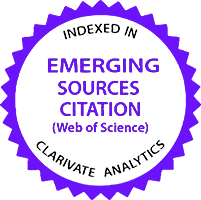Abstract— The employment of a double-sampling rate (DSR) at the receiver of the decision-making center (DMC) in a multicarrier cooperative spectrum detection (CSD) system is investigated in this paper. The spectrum detection is obtained for a cognitive mobile communication network with a single licensed user (LU) and multiple cognitive users (CUs). In the investigated system, each CU performs a local-detection independently; based on the local detection, a single-bit local-decision is taken at each CU. Decisions from CUs are modulated using a binary phase-shift keying (BPSK) and then transmitted to the DMC over orthogonal subcarriers and under frequency-selective Rayleigh fading channels. Signals from CUs are observed at the DMC receiver and sampled at a rate twice that of the transmitter to gain diversity. The results – verified using Matlab plots – show that using the DSR at the DMC receiver reduces the overall sensing errors and removes performance degradation effects due to the timing-offset between the CUs transmitters and the DMC receiver. Moreover, these improvements are achieved without any degradation in the spectral-efficiency of the system or increase in the complexity of the transmitter at the CU.

![Scopus®_151_PNG-300x86[1]](https://jjee.ttu.edu.jo/wp-content/uploads/2024/03/Scopus®_151_PNG-300x861-1.png)
